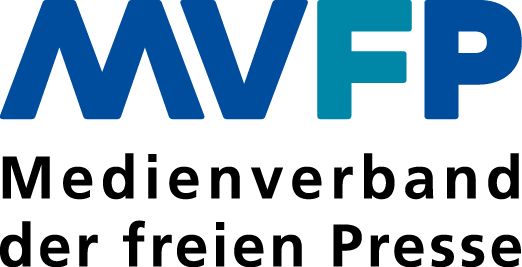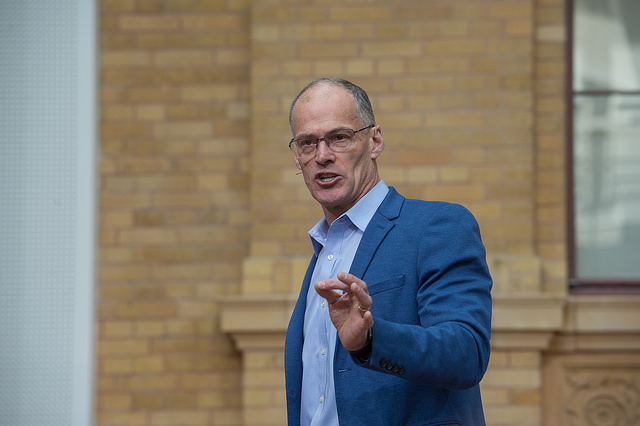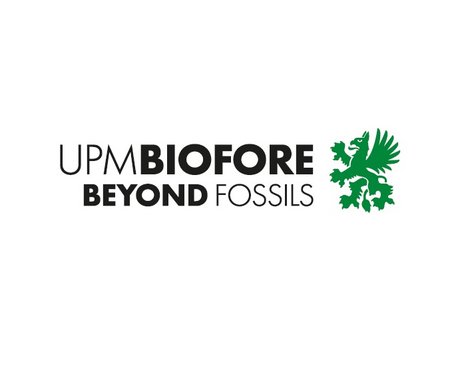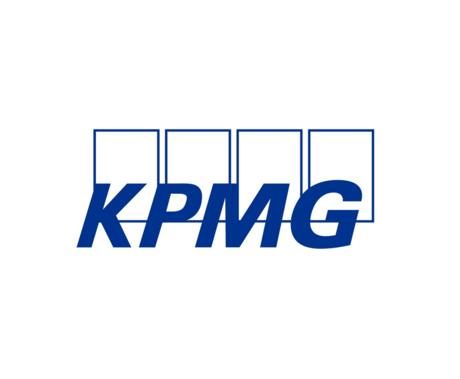The battle for attention in a digital world
"The top 10 companies in the world are digital," he explained on Day 2 (21 March) of the Summit. "They're not only huge and have massive market capital, but they also benefit from network effects, because as more people get connected to the internet, they have more and more power."
Watch a post presentation video interview with Geoff at DIS, here.
This presents massive challenges for publishers, whose traditional revenue streams have been disrupted. And the competition is huge – taking Google as an example, "They're in every realm in the digital world. They're in your business, they’re all over the place and they're collecting tons of data in the process."
This leads to a battle for consumer attention, which is ever decreasing.
The supply of media choices have grown exponentially, and demand is growing, but nowhere near as rapidly, Ramsay said. "We have so much supply and so little demand, we have a consumer attention gap," he explained. With 14 billion connected devices around the world, our attention spans are going to get more fragmented and audiences have been atomised into a fine mist, he said.
What is a publisher to do?
Ramsay suggests that publishers shouldn’t forget what they're best at:
• Content creation and storytelling
• Engendering trust
• Amassing loyal audiences across devices.
He suggested publishers should band together with agencies to bridge the cross-device digital divide with data, and that into the future, publishers and marketing will be looking at cross-channel devices.
"We need to band together to develop the processes to collect the data so we can give marketers the data they need," he said.
Ramsay suggested to promote and explain the trust factor of publishers' brands to agencies, to focus on premium partners so they know where their ads are. Why? Because transparency equals trust, he said.
Panel of agency execs
In a panel later Tuesday morning discussing ad revenue, monetisation, and major shifts in the media spending landscape, one expert suggested the supply chain is broken. “It’s a disaster. They take our money and don’t have verification. Where are the software companies cleaning up the supply chain?” according to Dr. Michael Karg, from Ebiquity.
Ramsay, who was moderating the panel, agreed.
"I think publishers have a Faustian bargain," he said. "They need scale. Most of the traffic referrals are coming from search and social media. You need scale, there’s tension between that, but then you're not getting your fair share of the money."
Karg explained, "Digital is a great medium but you can’t apply traditional to digital. Most ROI on digital advertising is not there."





